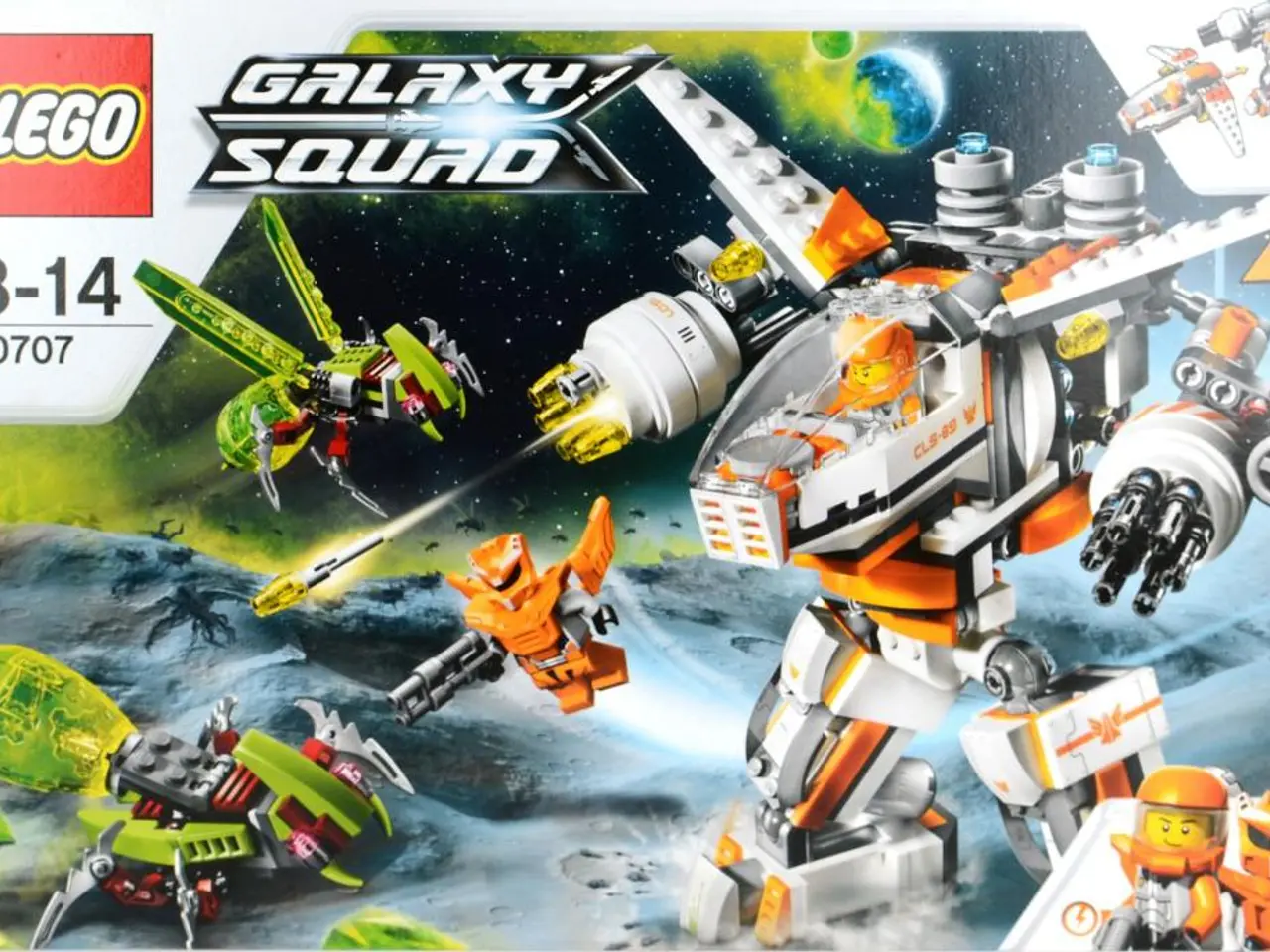Decades of neuroscience mysteries, riddled with controversy, transform into groundbreaking Artificial Intelligence tech by IntuiCell
In the world of artificial intelligence (AI), a Swedish startup named IntuiCell is making waves with its groundbreaking technology. The company, founded by CEO Viktor Luthman, who has a background in building startups within bleeding-edge science, is focused on building AI that emulates the learning mechanisms of biological nervous systems.
IntuiCell's technology is based on decades of brain research, translating findings into real-time learning systems. This approach is fundamentally different from existing tech, with the potential to replicate how an amoeba learns, leading to advanced learning capabilities.
The company's latest development centers on an embodied, autonomous learning AI model. This model allows machines to learn continuously in dynamic environments, without the need for large static datasets, backpropagation, or a clear separation between training and inference. This continuous learning capability could revolutionize various industries, especially those where conventional AI struggles due to its reliance on fixed training and inference phases.
One of IntuiCell's most notable achievements is the four-legged robot dog named "Luna." Luna learns through sensory feedback and real-world interactions, without pre-programmed intelligence or instructions. Luna's ability to stand and adapt solely through real-world interactions marks a significant shift from traditional AI approaches based on pattern recognition and static training.
Beyond robotics, IntuiCell’s AI has potential applications in non-robotics fields. This continuous learning capability could impact areas such as adaptive automation in complex, changing systems, personalized digital assistants and interactive systems, healthcare diagnostics and monitoring, and cognitive computing applications.
IntuiCell's technology allows machines to generalize, not just follow rigid instructions, as demonstrated in teaching a robot to pick up garbage and learning how to clean a table. The company's goal is building "the brain for all non-biological intelligence," suggesting wide applicability outside robotics wherever genuine, embodied intelligence and real-time adaptation are needed.
IntuiCell is fortunate to have found aligned investors who aren't pushing for premature monetization. The company's focus for the next couple of years is on two or three high-value projects. As of August 2025, IntuiCell’s breakthrough shows promise beyond robotics, but specific deployments or commercial applications in non-robotics domains have not yet been detailed publicly, indicating the technology is still at an early but promising stage of broader impact.
In summary, IntuiCell has advanced an autonomous learning AI model enabling continuous embodied learning, with potential to transform diverse non-robotic sectors requiring adaptive, real-time intelligence beyond traditional AI's constraints. The company's unique approach, grounded in decades of brain research, positions them as an "odd bird" in the AI space, poised to make significant strides in the future of AI technology.
[1] Source: IntuiCell's official press release, August 2025.
Science, technology, and artificial intelligence intersect in IntuiCell's groundbreaking autonomous learning AI model, as it combines findings from decades of brain research to replicate learning mechanisms found in biological nervous systems. This advancement in AI technology, with its potential to revolutionize various industries beyond robotics, is not only a testament to the power of science but also a significant step forward in the realm of technology and artificial intelligence.




